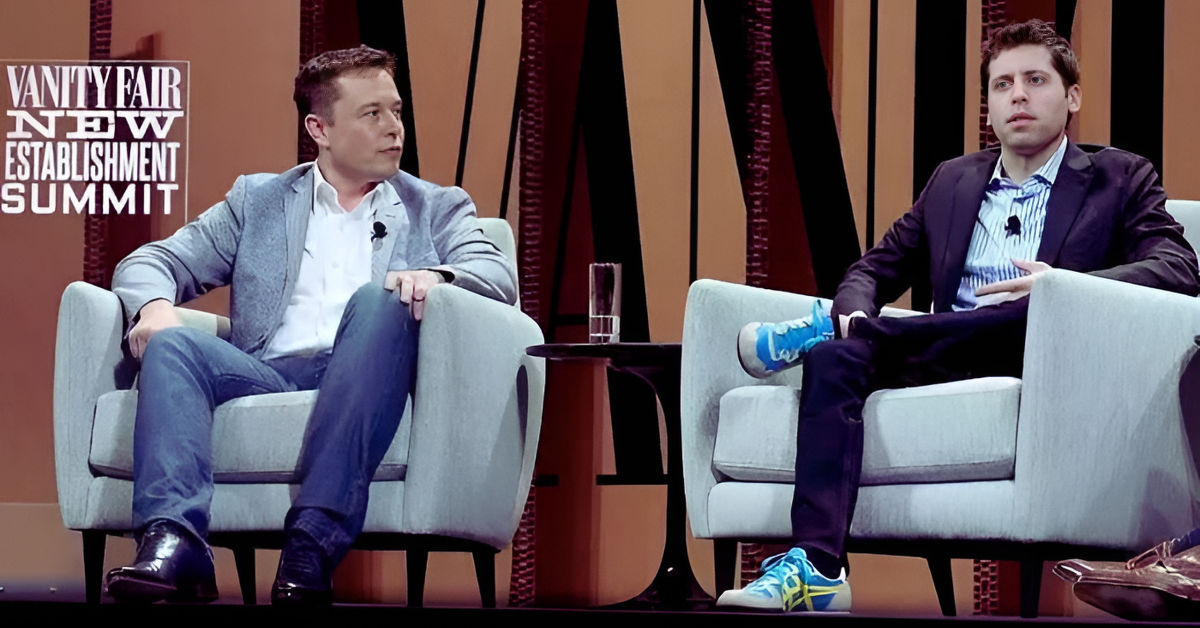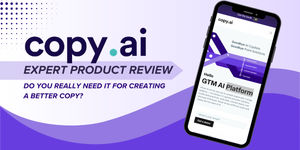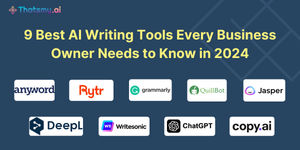Elon Musk and Sam Altman co-founded OpenAI in 2015 to ensure AGI benefits humanity, attracting significant support and talent. By 2018, tensions arose as Musk felt OpenAI lagged behind Google and proposed taking control, leading to a power struggle and his departure from the board. OpenAI then transitioned to a "capped-profit" model in 2019, partnering with Microsoft for a $1 billion investment.
Musk criticized OpenAI's shift towards profit, alleging it betrayed its founding principles. This led to Musk suing OpenAI and Altman, claiming the organization prioritized profitability under Microsoft's influence. Despite their conflicts, Musk and Altman maintain a complex relationship, mixing criticism with mutual respect. Their story underscores debates about AI governance, ethics, and the role of profit in technology.

In 2015, Elon Musk and Sam Altman co-founded OpenAI, a non-profit organization with the mission to ensure that artificial general intelligence (AGI) benefits all of humanity. The ambitious project drew support from other tech luminaries, raising over $1 billion in pledges from figures like Reid Hoffman. However, the journey from collaboration to legal conflict has been tumultuous and marked by significant disagreements and power struggles.
OpenAI launched with high ideals and significant backing, aiming to rival the AI capabilities of tech giants like Google. Initially, Musk and Altman worked closely, sharing a vision of creating AGI that would be safe and beneficial for humanity. The organization attracted top talent and made significant strides in AI research, quickly positioning itself as a leader in the field.
By early 2018, tensions surfaced. Musk expressed concerns that OpenAI was falling behind Google in AI development. He proposed taking control of OpenAI to steer it back on track. This suggestion was met with resistance from Altman and other co-founders, leading to a power struggle. Ultimately, Musk decided to step down from OpenAI's board, citing a conflict of interest due to Tesla's AI endeavors. Despite this public reasoning, insiders believed the split was deeper, rooted in strategic disagreements and control issues.
After Musk's departure, OpenAI underwent significant changes. In a bid to secure the necessary funding for advanced AI research, the organization transitioned to a "capped-profit" model in 2019, forming a for-profit entity to attract investment. This move allowed OpenAI to partner with Microsoft, securing a $1 billion investment that would fund the development of state-of-the-art AI models like GPT-4.
Musk's dissatisfaction grew as OpenAI's alignment with Microsoft deepened. He accused the organization of straying from its original mission and becoming a profit-driven entity under Microsoft's influence. This sentiment culminated in Musk's lawsuit against OpenAI and Altman, alleging that the company had breached its founding principles.
Filed in San Francisco, Musk's lawsuit claims that OpenAI's shift towards a closed-source, profit-oriented model betrayed its original non-profit, open-source mission. Musk's lawyers argue that OpenAI has effectively become a subsidiary of Microsoft, focusing more on profitability than the broader benefit of humanity. OpenAI and Altman have contested these claims, defending the strategic decisions made to advance AI research and maintain the organization's competitive edge.
Despite the legal conflicts, the public exchanges between Musk and Altman have been a mix of criticism and begrudging respect. Altman has acknowledged Musk's contributions and his genuine concern for AGI safety, even as he rebuffs Musk's criticisms. Musk, on the other hand, continues to voice his concerns about AI safety and governance, while simultaneously developing his AI initiatives through xAI.
The story of Elon Musk and Sam Altman is a compelling narrative of collaboration, conflict, and the complex dynamics of leading-edge technology development. As their legal battle unfolds, the broader implications for AI governance, ethics, and the role of profit in technological advancement continue to spark debate within the tech community.
Sign up to gain AI-driven insights and tools that set you apart from the crowd. Become the leader you’re meant to be.
Start My AI Journey
ThatsMyAI
23 February 2025

ThatsMyAI
4 November 2024

ThatsMyAI
18 October 2024

ThatsMyAI
25 September 2024